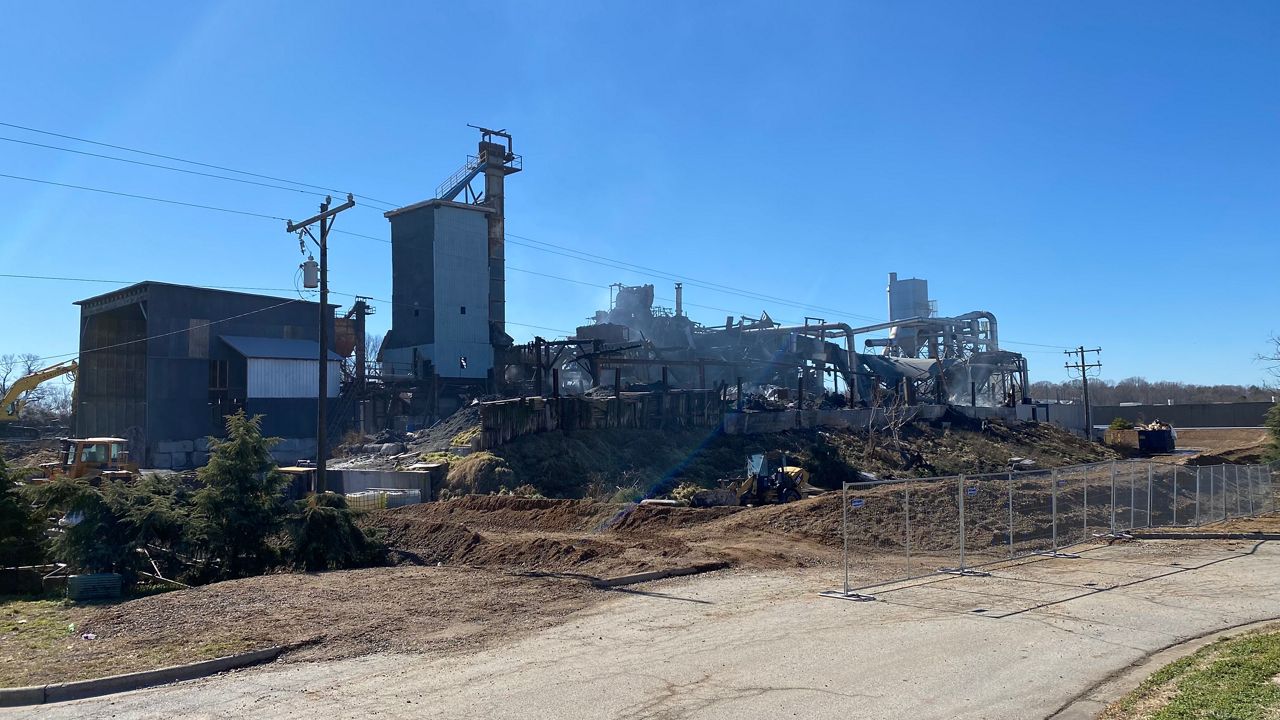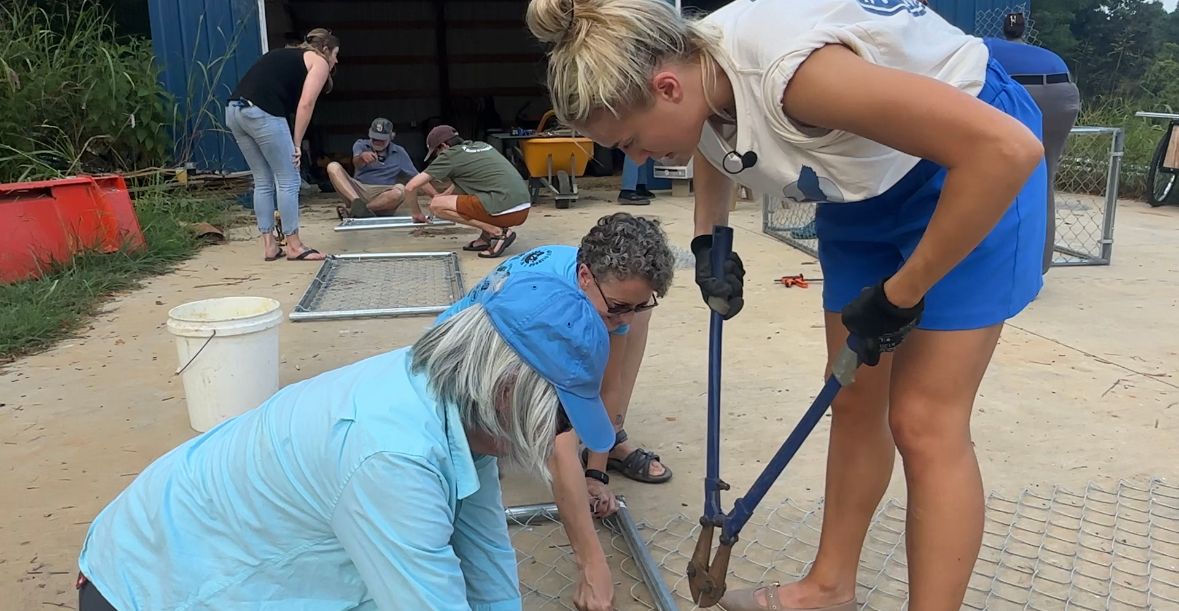WINSTON-SALEM, N.C. — The Winston Weaver Company, whose plant burned for days in Winston-Salem, is being hit with citations more than six months after the fire sparked and forced mass evacuations.
The fire started on January 31, and continued burning as firefighters stayed back, concerned chemicals at the plant could ignite and set off a massive explosion. The disaster filled the surrounding neighborhoods with smoke, and a class-action lawsuit accused the fertilizer company of gross negligence.
This week, the N.C. Department of Labor announced that they cited Winston Weaver Co. Inc. with two alleged serious violations of the Occupational Safety and Health Act of North Carolina, totaling to a penalty of $5,600.
The maximum penalties for each violation is $7,000, the labor department says, and various factors are taken into account when determining the penalty. "The penalties are in no way designed to make up for loss of life," Department of Labor PIO Erin Wilson said.
The citations listed include:
- Ammonium nitrate storage building and structure was not kept dry and free from water seepage through the roof, walls and floors
- Wooden bins that were not protected against impregnation by ammonium nitrate were used in a bin construction
The fire department said it used more than 4.1 million gallons of water fighting the blaze that destroyed the fertilizer plant.
When smoke was at its worst, the air downwind of the fire was barely breathable. State and federal officials moved quickly to Winston-Salem to help monitor the air quality and figure out what kinds of chemical people were breathing in.
The worst of the smoke lifted quickly after the fire department finally got the blaze under control.
The biggest concern was ammonium nitrate. There was an estimated 600 tons of the chemical at the site, and that could have created a massive explosion.
That ammonium nitrate and other raw materials for fertilizer caused concern for the Yadkin River, downstream of the creeks near the fire.
“There are human and wildlife impacts resulting from increased nutrients in the water. Certainly, increasing harmful algal blooms,” Yadkin Riverkeeper Edgar Miller said in February. Algal blooms can cause fish kills and make people and animals sick.
Business owners near the plant were also impacted. Some had to evacuate and close down for a week.
Greater Winston-Salem, Inc. introduced a grant program intended to provide financial support to small businesses impacted by the fire. Small businesses located within one mile of the plant with 25 or fewer full-time employees are eligible to apply for the grant. Click here to apply.
The plant has 15 days from receipt of the citations to request an informal conference with the Department of Labor, to file a notice of contest with OSH's review commission or to pay the penalty.









